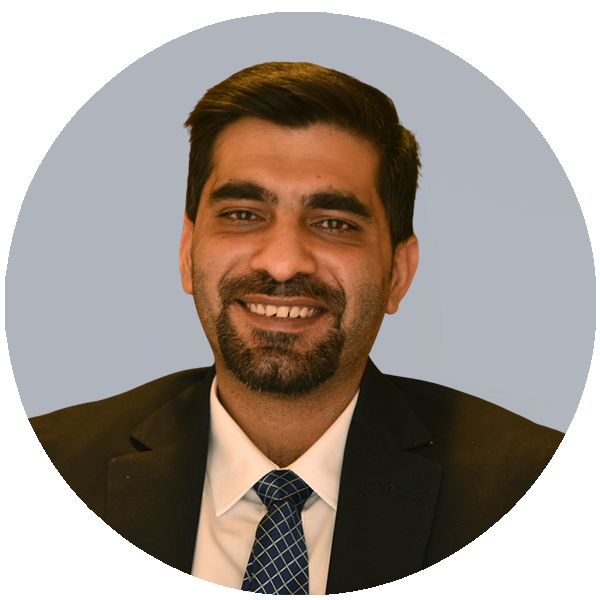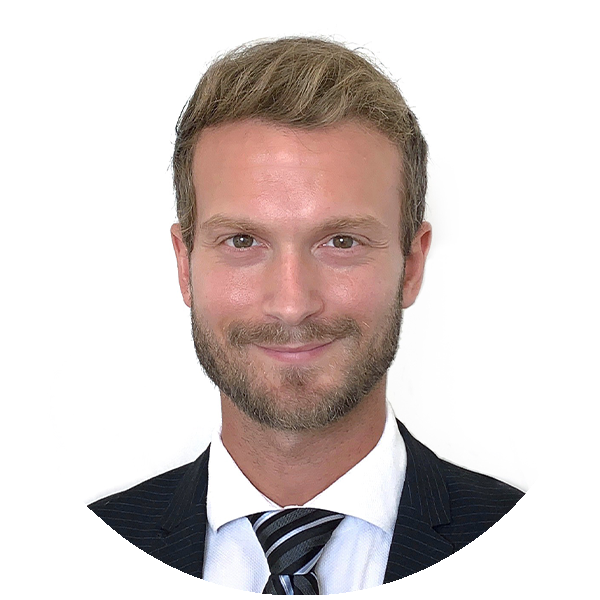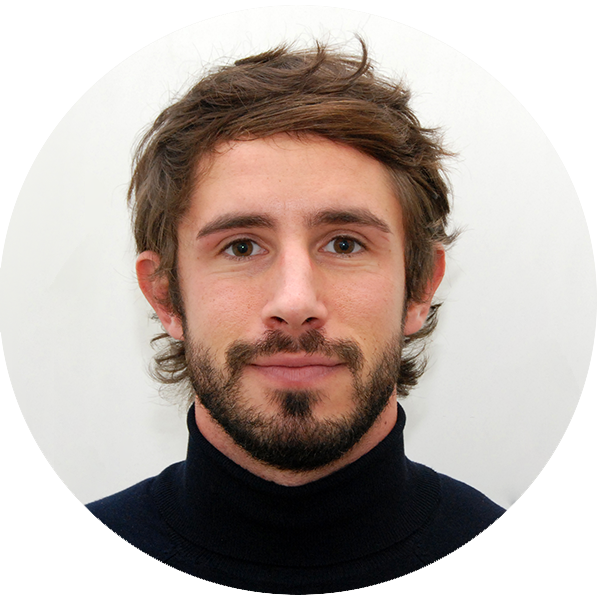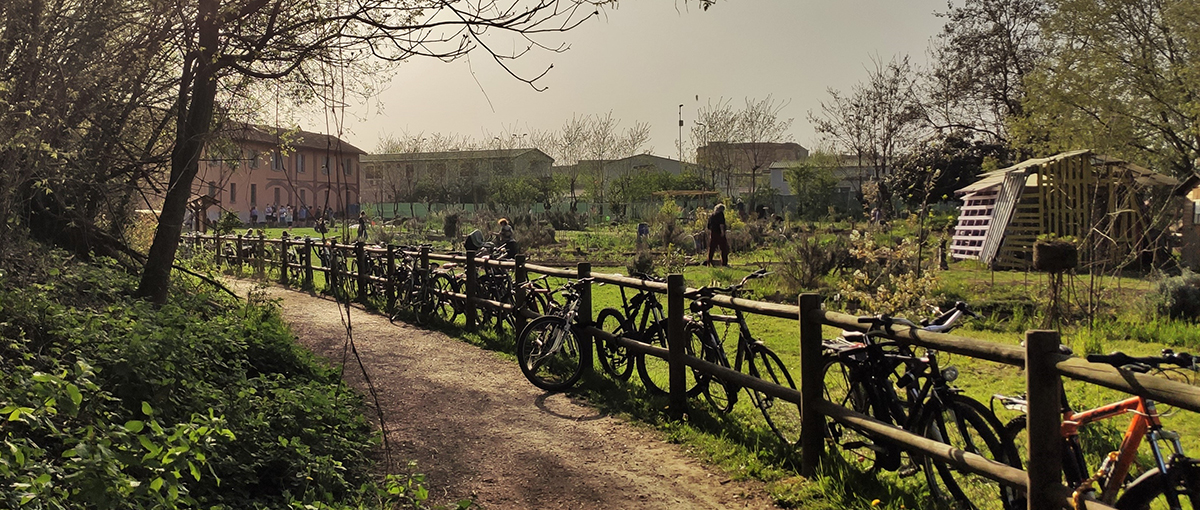
Milan, surely the most unique Italian city, is different in so many aspects from the rest of Italy but definitely 100% Italian. At the northern part of the country, close to the Alps, the second city by population focuses its energies on work, finance and industry, art, fashion and design, cultural and entertainment events, nightlife and, most of all, continuous innovation.
While at the university I have started to search for interesting places around the city, discovering some treasures like the Planetarium in Porta Venezia which has a representation of Milan’s skyline as it was in the 1930s, when no building was allowed to be higher than the Madonnina statue on the top of the Duomo Cathedral. While walking in the centre by night, when everything is silent, I have found countless beautiful old buildings full of statues and covered with climbing plants − the feeling is that you’re wandering through places full of history. The Cathedral itself is an enchanting structure characterized by a mixture of many architectural styles that have been adopted over the six hundred years of its construction. This last is an example of the “Milanese” way: the continuous overlap of magnificent ideas shuffled with several changes of schedule that in the end, lead to an outstanding result.
The last decade has seen the completion of several redevelopment projects in the outskirts to meet the needs of both international companies in locating their main offices and HQ in Milan and of citizens, by creating new places designed to have a positive impact on social life. For instance, Gae Aulenti and Tre Torri squares have brought fresh air to the city, providing new areas in which to go for a walk, enjoy the good weather or just admire beautiful pieces of modern architecture.
The redevelopment gained more awareness after the announcement of the Milano Cortina Olympic Winter Games 2026. Investments have been directed to enhance the services offered by the city with a major focus on being sustainable, because the aim is also to use them for the future development of the city. The 2015 World Exposition area is now under redevelopment for the MIND project, aka the Milano Innovation District, where the structures, landscape and public spaces already available are going to be renovated into an innovative ecosystem and catalyst for social and economic growth. The area of 1.1 million square metres will be split into sub-areas to be allocated to the different authorities that will benefit from this project, i.e. public institutions, private companies, universities, etc, but mainly the entire population of Milan: the Human Technopole (a research institute for life sciences) will be situated here, as well as a new hospital and a new branch of the University of Milan, to mention just a few. Anyway, in my opinion the most interesting is the Fondazione Triulza, the scope of which is the development of innovation by creating start-ups, employment and networks focusing on a positive social and environmental impact. The good news is that MIND will be at a stone’s throw from MIP Politecnico di Milano, where I am currently attending the International MBA.
Despite the fact that the region is extremely industrialized and problematic in terms of air pollution, Milan has been the only Italian city to achieve the goals of the Paris Agreement on Climate Change by 2020. The Department of Environmental Transition, reporting directly to the Mayor, has recently launched a new project for ecological transition, the Milano MIX, that focuses on waste management, zero carbon transportation, the empowering of public transportation, bikes and vehicle-sharing services, etc. This project also includes the NRG2Peers platform, in partnership with the Politecnico di Milano and other European institutions, in order to share and therefore support the energy transition experiences.
In any event, together with the huge investments mentioned above there are a lot of minor initiatives involving not only the Municipality but also private companies. The main arterial roads have been enriched with wide cycle lanes, while several mobility sharing services, mainly with electrical solutions, have spread to literally everywhere in the city. Thanks to smartphone technologies, people have various services available, developed for everyone who wants to make sustainable choices every day, e.g. the zero kilometres platforms that allow the final customers to buy seasonal vegetables or other fresh products directly from producers.
Milan manages to provide a complete Italian experience with an ancient city centre crowded with old architecture and the modern districts that are evolving all around. Several projects are in the pipeline which are focusing on ecology and sustainability as their main targets, and this mindset is perceptible in all the aspects of the city life and widely supported by the citizens. The road is still long but the path is set, and I am very curious to see the effects of all the projects mentioned and how the city will face new challenges in future. I have no doubt that everything Milan has accomplished is, as in the words of H.G. Wells, but the dream before the awakening.
About the author
|
|
Simone Moscato
Having graduated at Politecnico di Milano, Simone is now working as a civil engineer in an international EPC Company while attending the International MBA at MIP. An enthusiast for travelling and fighting sports, he’s always searching for new challenges. After years, he’s still struggling to learn how to play the guitar. |
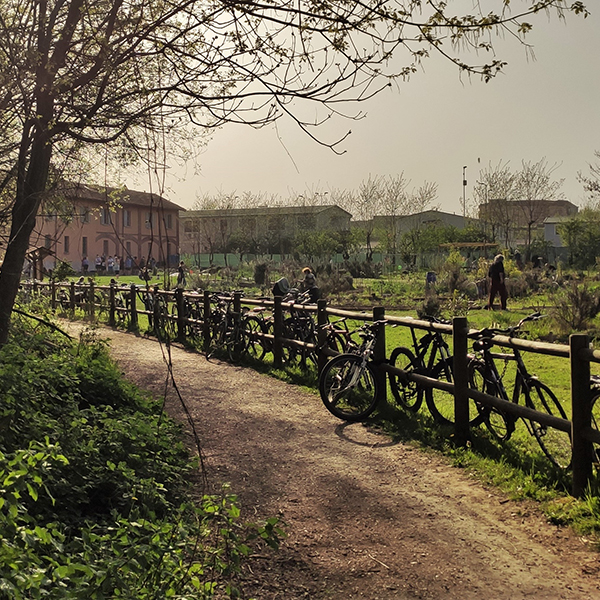
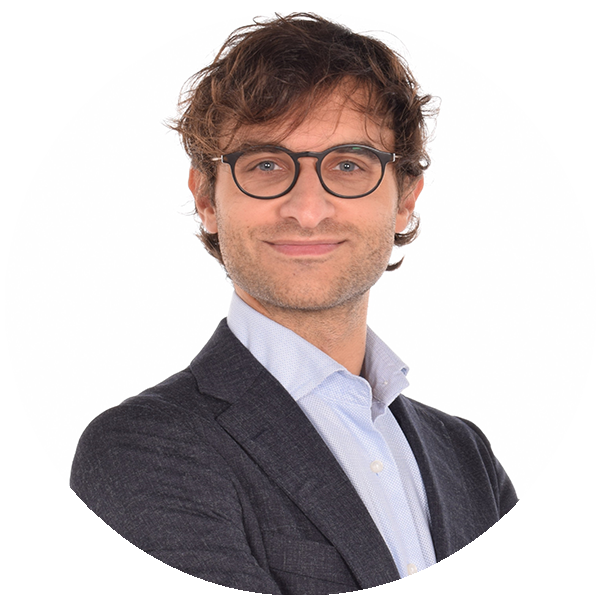

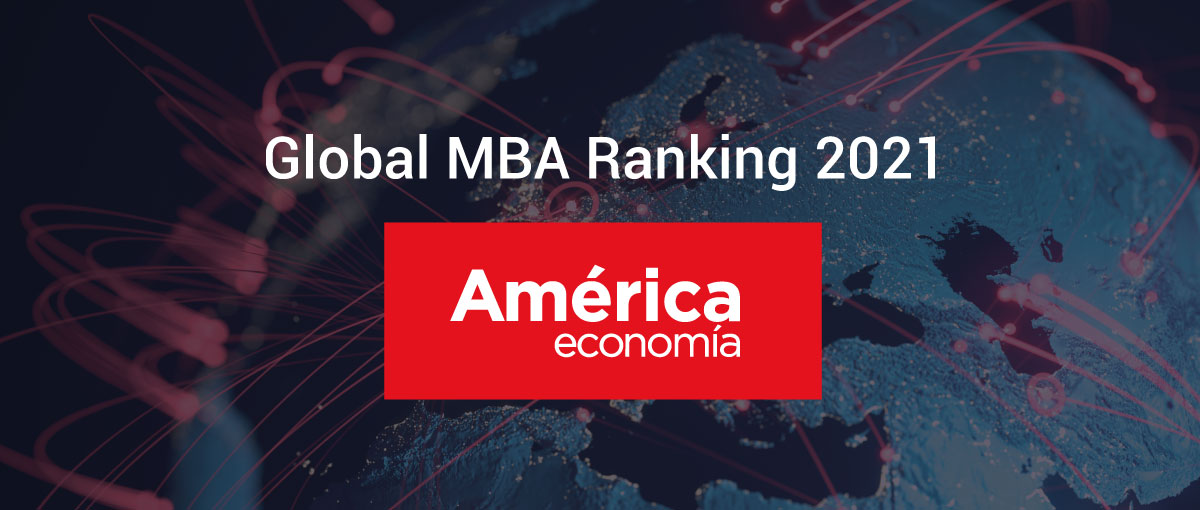
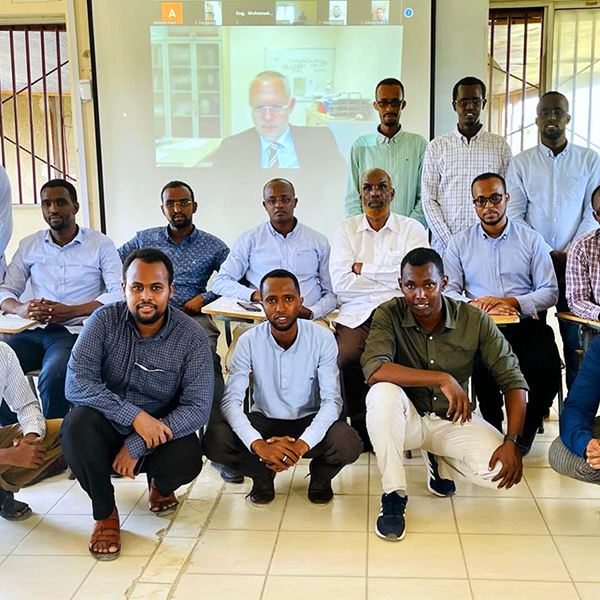
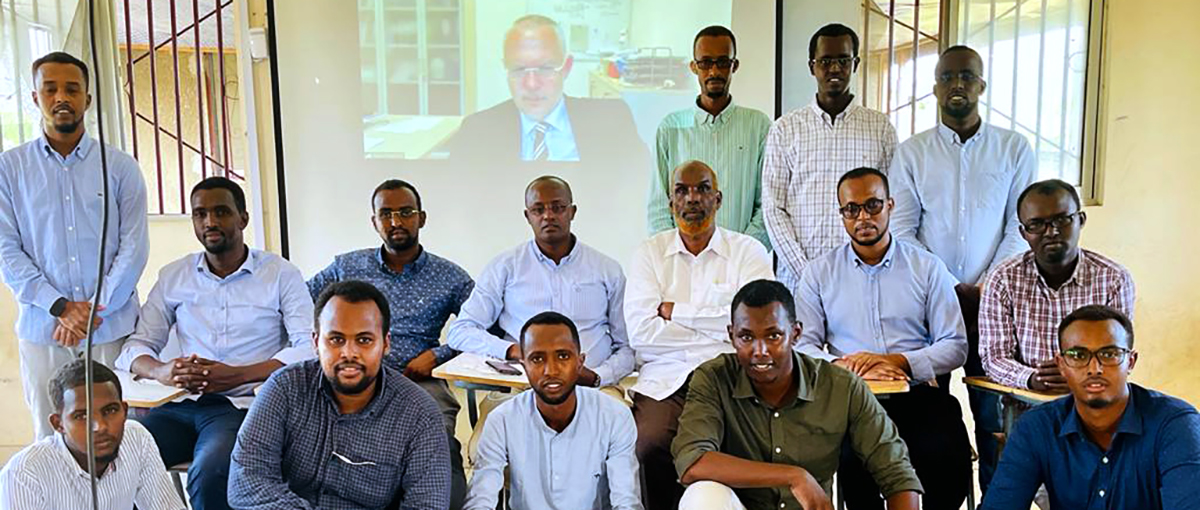


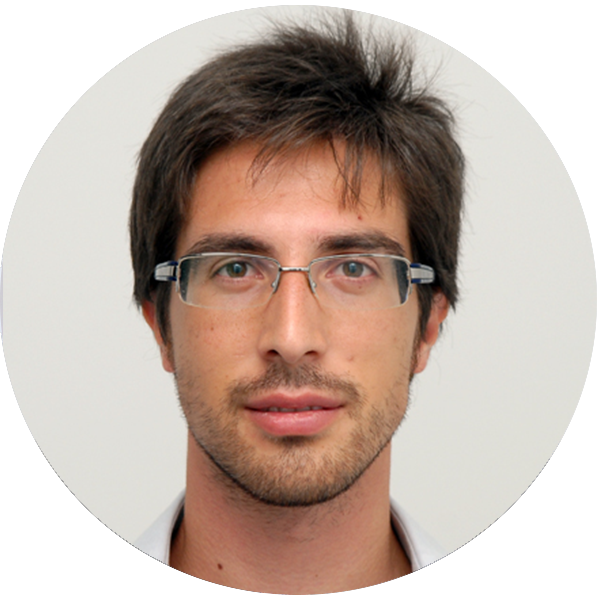
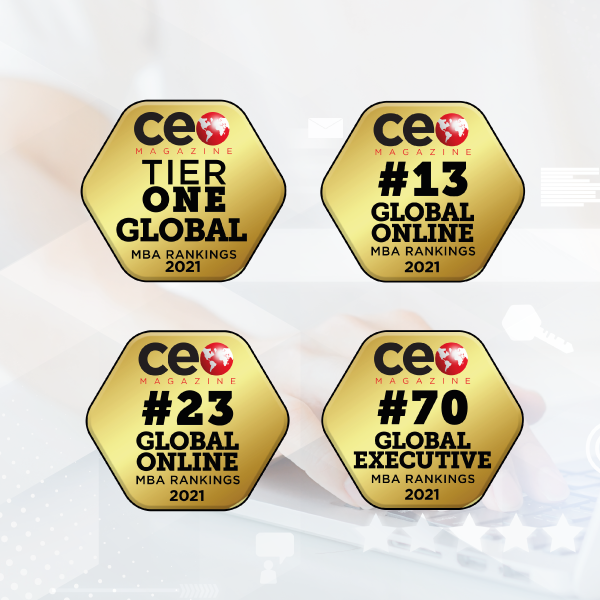
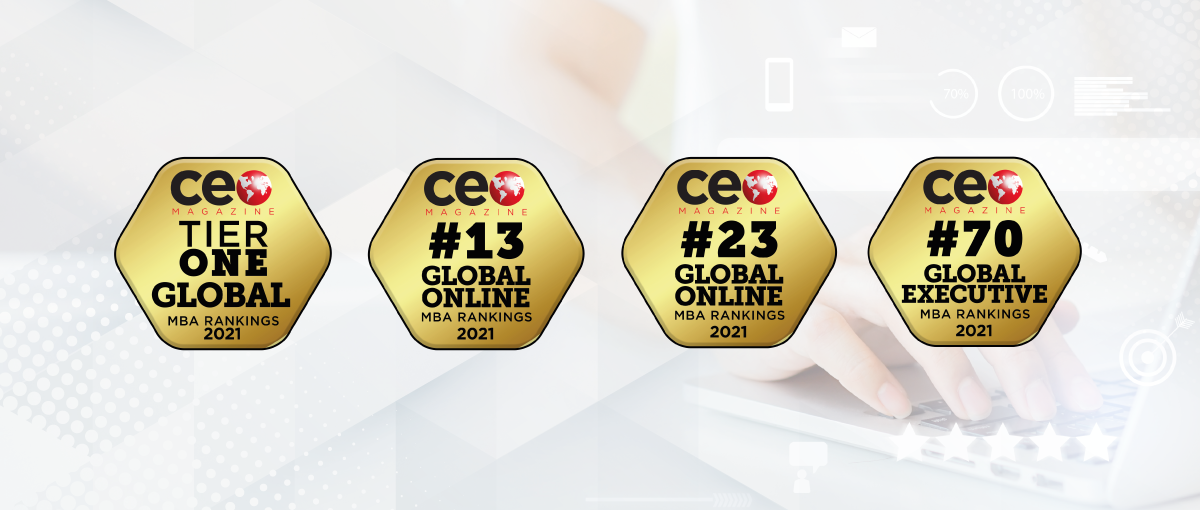 Once again, Politecnico di Milano School of Management MBA programmes have been ranked in the CEO Magazine’s Global MBA Rankings.
Once again, Politecnico di Milano School of Management MBA programmes have been ranked in the CEO Magazine’s Global MBA Rankings.



